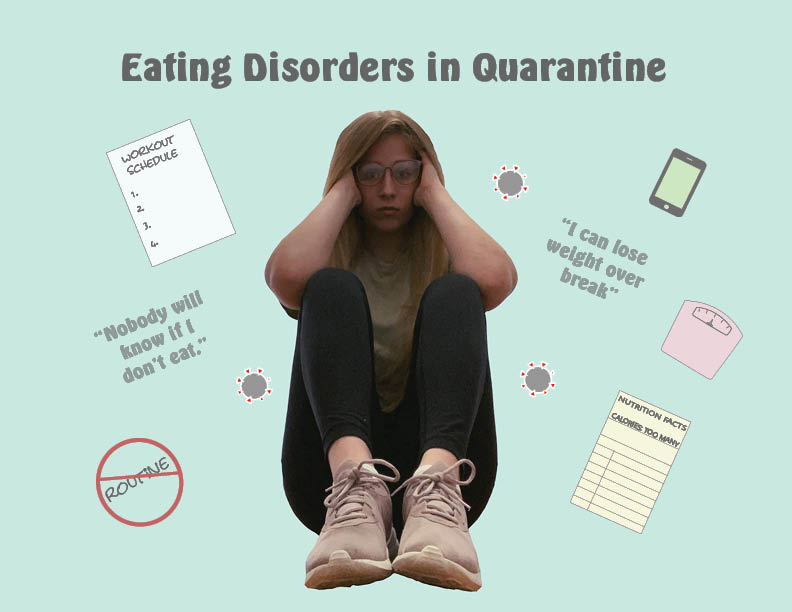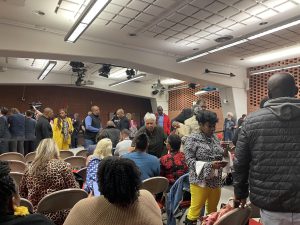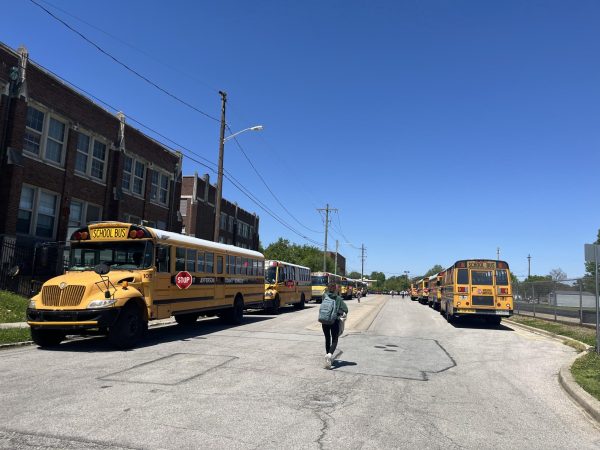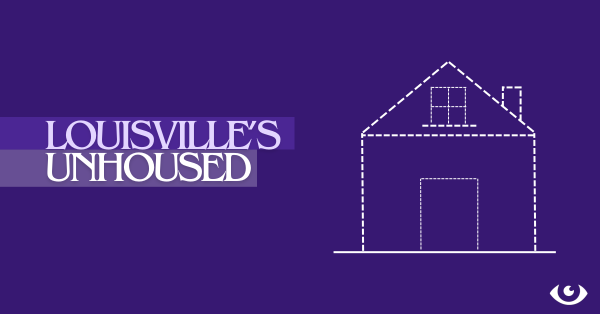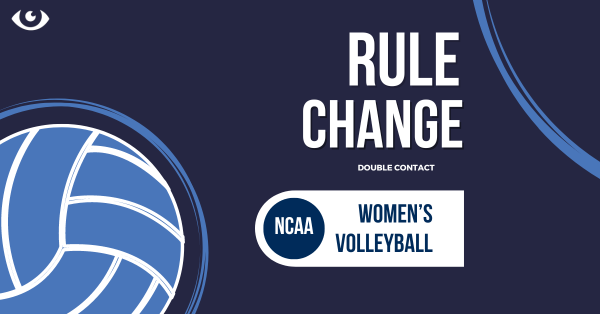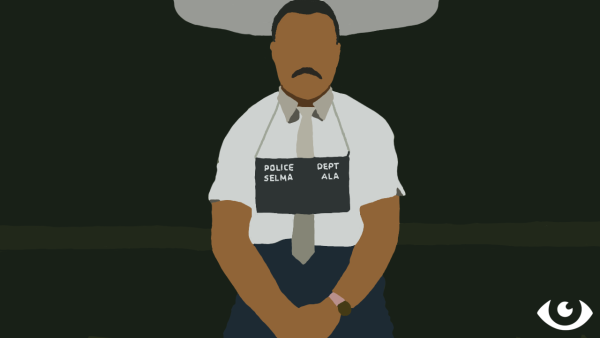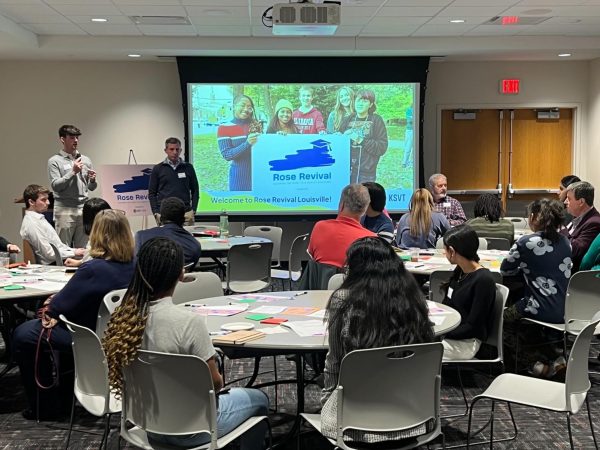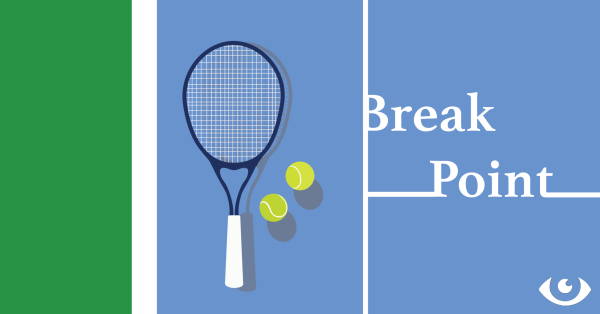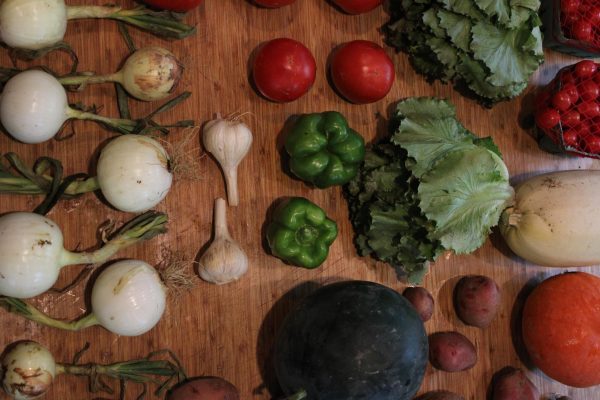Reflection: Managing quarantine with an eating disorder
I hope to create an outlet for people navigating through recovery at this difficult time to know that there are others beside you willing to help. Consider this a reminder that your road to recovery is not linear and it’s okay to just focus on surviving day by day.
April 11, 2020
This article contains sensitive content regarding eating disorders and mental health. Reader discretion is advised.
As the world struggles to cope due to the COVID-19 outbreak, so will many people suffering from mental illness. Not only this but people in recovery will relapse, which is an issue that tends to fall out of the media’s view. Closures, social media and the lack of routine create an especially scary environment for people recovering from eating disorders, including myself.
My Story
I was overweight my entire life and during my freshman year, I hit rock bottom. My self-image, both physically and mentally, was at its worst and I didn’t like the person I was. I decided to join the track team as a way to lose weight and get active. About four months into the season, I had lost 40 pounds and completely fallen in love with not only the sport but myself as well. Running brought out a different side of me that changed who I was as a person and I was able to achieve the happiness I had been striving to reach for so long.
As I continued to run, I hit a natural weight loss plateau around the beginning of my cross-country season. This really discouraged me and I began to feel self-conscious again, surrounded by runners much smaller than me. This is when things started to go south. It began with me restricting myself to 1000 calories per day. As a runner, I knew I needed much more than that but I thought that if I ate less than I needed, I would definitely lose weight quicker than I was at the time. My disorder was born. This led to me going as long as I possibly could without eating and I soon became anxious and paranoid when eating in front of people. I refrained from going to restaurants, eating in the cafeteria or with my team. I was too afraid of what people would think of me if they watched me eat. When I had to eat, I would eat my food out of my lunchbox instead of putting it on the table and always packed my lunch in small containers, because large containers of food were too stressful, causing me to not eat at all. Sometimes, I would pack large containers on purpose, knowing it would make me unable to eat that day.
Around the fall of 2019, I began to feel weak while running. It was hard for me to keep up with my school work and practice and I was frustrated with my constant fatigue. I decided I should probably begin to eat more to regain energy but it was too late. I had already trained myself to stress about calories and my weight and it seemed impossible to eat. I became hopeless, eating less and would binge when I got super hungry. Those binge sessions were followed by purging my food, which extended the severity of my developing eating disorder. I isolated myself and created any excuse possible to not eat, including a vegan diet. That became my main excuse to reject any food I was offered.
My disordered eating soon became concerning to my close friends and family because of the physical effects it had on my body. I was exhausted all the time, my throat and gums were sore and scratchy from purging, my hair began to lose its shine and fall out and my body constantly cramped. It took around eight months for my parents to take me to a doctor, thinking I had mono due to my low energy, drooping eyes and pale skin. I was sick. After testing negative for mono, my concerned doctor recommended an eating disorder support group and my therapist told me about a disorder called Bulimia Nervosa. And to my surprise, that described my condition perfectly. I had always heard that runners were more prone to eating disorders but I never knew that I would be one of them.
My eating habits took a toll on my mental health, which was very disappointing to me because I had worked so hard to become the happy, positive person I was. Although I was still happier than when I started, thinking about food and the way my body looked due to my relationship with it was always weighing on my mind and made it almost impossible to focus on anything else. I began to deteriorate quickly. I suffered alone for quite some time, worried that my friends and people around me would judge me or not understand what I was going through. Not only did I hide my disorder from my friends, I hid it from myself. I began to normalize my disordered behaviors as a way to validate them and would consider my restricting and purging as “dieting methods.” Bulimia controlled almost every aspect of my life and I was digging myself a hole I wasn’t sure I could get out of. I finally hit my breaking point once I was unable to practice with my team. I still loved running and was not going to let an eating disorder take that away from me. I decided that things had to change, so I could return to the happy, stress-free person I was before.
Since then, I have been recovering and reaching out for support through counselors, coaches and family. I created an atmosphere for myself that forced me to engage in healthy eating habits such as having a close friend to hang out with during lunch if I can’t handle the cafeteria or making my coach aware of how many calories I eat during the day to encourage me to eat enough to support my run at practice. Dealing with my disorder was incredibly difficult and many times I thought it would be so much easier to give in and not eat. But the atmosphere and support system surrounding me kept me motivated to stick to my goal of recovery.
In the past few months, I have recovered to a point I would have considered myself healed. My self-image has returned to positive and I was becoming comfortable in my own skin again after months of struggling to find the level of happiness I had previously experienced. Although I thought my recovery was full-proof, every plan has loopholes.
One loophole in my recovery has presented itself very recently: a global pandemic.
Like me, there are many other people at Manual and around the world struggling with eating disorders and doing their best to recover. If I’ve learned anything, it’s that eating disorders thrive in isolation, which just happens to be our reality for the next few months. Even though I considered myself pretty far in recovery, quarantine has revealed many ways I am still a work in progress. These things do not only affect me but anyone who is struggling with an eating disorder or mental illness in general during this time of quarantine and isolation.
Closure
My recovery plan is strict and precise: pack the correct number of calories in my lunchbox, eat each item during the correct block and count how many calories I burn at practice, slowly trying to make the number of calories eaten during the day higher than the calories burned. With schools, gyms and all sports being closed or cancelled, the places that I considered essential to my recovery are now out of reach. Eating at school was much easier for me because doing school work and being productive distracted me from the fact that I was eating and helped develop a routine that worked for me. Even on days it was super difficult for me to eat, I had motivation knowing I would be able to participate in practice that day as long as I ate the required number of calories.
For anyone with an eating disorder, the loss of school, work and sports has most likely made it harder to stick to the strict eating schedule that helps the recovery process, leading to more disordered eating. This can also lead to a relapse in old habits that are detrimental to recovery, such as, in my case, purging.
Isolation
Being alone with only your thoughts is difficult for anyone during this time and I have felt some of the negative effects of being stuck in my head. A huge part of recovery is finding a way to distinguish your thoughts from what your eating disorder is telling you. This is extremely hard to do when we’re given much more time in our heads and all the voices blend together. When overthinking takes control, there are not many people to see my behaviors during isolation. If I stress workout three times in one day and don’t eat, I don’t have friends at school seeing me pale and fatigued, encouraging me to stay on track. A huge part of my recovery has been through the help of my close friends and family and during a time of isolation, it’s easy for anyone struggling to shut themselves away and return to their old habits.
The Media
Throughout quarantine, some new trends have surfaced due to the spread of the virus. Things such as “quarantine workouts to keep the weight off,” “quarantine 15,” and memes about eating and gaining weight are taking over many social platforms. This can be very stressful, as most eating disorders are fueled by the fear of gaining weight. While I am still exercising despite practice cancellations, seeing all of the possible workouts promising to “keep off the weight” have triggered old habits of mine that are destructive to my recovery. Things such as stress workouts and restrictive quarantine diets fill my mind as I attempt to remind myself that they are not healthy for me. I try to take a break from my phone to avoid these behaviors but with social media being our only source of connection during isolation, it’s difficult to find a healthy balance between staying in touch and hurting my recovery progress.
Through all of this, it’s important to remember that it’s okay to relapse.
No matter who you are, everything happening in the world today is stressful. Closures, social media, isolation — it’s all scary. Everyone will be struggling, whether they have mental health issues or not. It’s important for everyone to take a deep breath and give yourself an emotional break during this time.
If you are struggling with an eating disorder during quarantine, voice it and remind yourself relapses will happen. The worst thing you can do is remain alone. Admit you are struggling and keep your connections by reaching out to friends and family that support you. You may not stick to your diet or recovery plan while at home and may miss a few workouts or do a few extra you know you shouldn’t have. Eating and exercising too much or too little during this time is completely understandable and does not have any effect on your self worth or recovery progress. The only thing that will negatively affect your recovery is isolating yourself from others and yourself.
I hope to create an outlet for people navigating through recovery at this difficult time to know that there are others beside you willing to help. Consider this a reminder that your road to recovery is not linear and it’s okay to just focus on surviving day by day. Find your outlet: write, create art, talk to a friend or family member or anything possible to remain surrounded by a support system during this period of isolation. And most importantly, keep a positive attitude towards yourself to embrace the things you struggle with because it is the only full-proof plan of recovery without any loopholes. Everyone has their difficulties and now is a time to take care of yourself and stay healthy during a time of mass sickness. Always remember: relapses are going to happen but they are simply a part of recovery. Embrace them and stay safe, connected and spread awareness to help others realize that, they too, are not alone.



